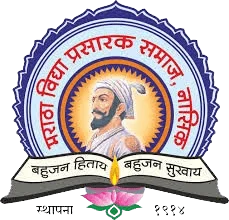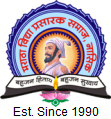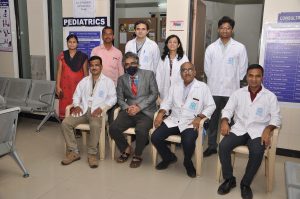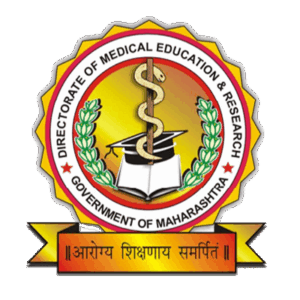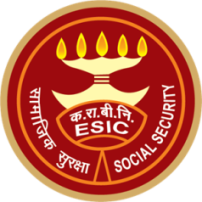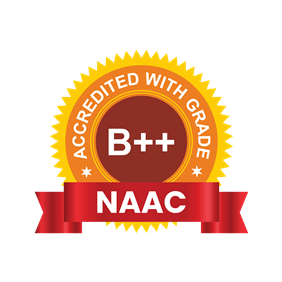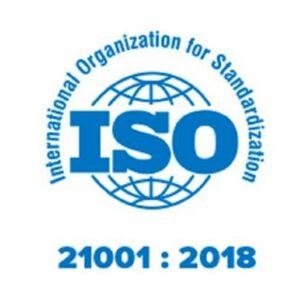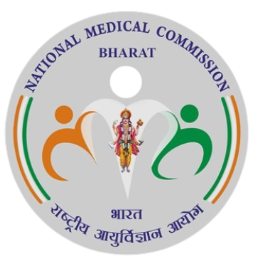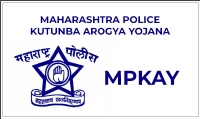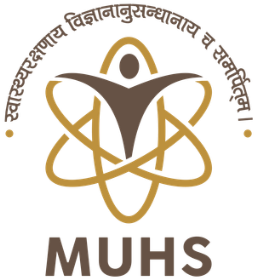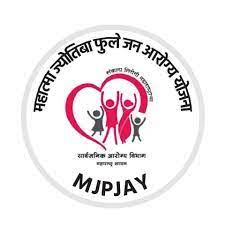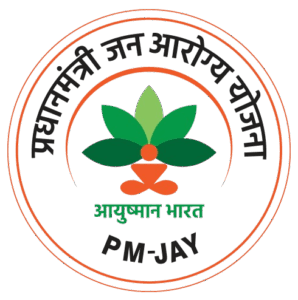UG Course
Goals
- Clinician who understands and provides preventive, promotive, curative, Palliative and holistic care with Compassion
- Leader and member of the health care team and system with capabilities to collect, analyze, synthesize and communicate health data appropriately.
- Communicator with patients, families, colleagues and community.
- Lifelong learner committed to continuous improvement of skills and knowledge
- Professional, who is committed to excellence, is respective and accountable to patients, community and profession.
Objectives
At the end of the course the student shall be able to,
- Describe the normal growth & development during foetal life, neonatal period, childhood & adolescence and outline deviations thereof;
- Describe the common paediatric disorders & emergencies in terms of Epidemilogy, aetiopathogenesis, clinical manifestations, diagnosis, rational therapy and rehabilitation;
- Age related requirements of calories, nutrients, fluids, drugs etc, in health & disease;
- Describe preventive strategies for common infectious disorders, malnutrition, genetic & metabolic disorders, poisonings, accidents and child abuse;
- Outline national Programmes relating to child health including immunization Programmes.
PG Course
Goals
- Recognize the key importance of child health in the context of the health priority of country
- Practice the specialty of Pediatrics in keeping with the principles of professional ethics
- Identify social, economic, environmental, biological and emotional determinants of child and adolescent health, and institute diagnostic, therapeutic, rehabilitative, preventive and promotive measures to provide holistic care to children
- Recognize the importance of growth and development as the foundation of Paediatrics and help each child realize her/his optimal potential in this regard
- Take detailed history; perform full physical examination including neuro- development and behavioral assessment and anthropometric measurements in the child and make clinical diagnosis
- Perform relevant investigative and therapeutic procedures for the pediatrics patient
- Interpret important imaging and laboratory results
- Diagnose illness based on the analysis of history, physical examination and investigations
- Plan and deliver comprehensive treatment for illness using principles of rational drug therapy
- Plan and advice measures for the prevention of childhood disease and disability
- Plan rehabilitation of children with chronic illness and handicap and those with special needs
- Manage childhood emergencies efficiently
- Provide comprehensive care to normal, ‘at risk’ and sick neonates
- Demonstrate skills in documentation of case details, and of morbidity and mortality data relevant to the assigned
- Recognize the emotional and behavioral characteristics of children, and keep these fundamental attributes in focus while dealing with
- Demonstrate empathy and humane approach towards patients and their families and keep their sensibilities in high
- Demonstrate communication skills of a high order in explaining management and prognosis, providing counseling and giving health education messages to patients, families and communities
- Develop skills as a self-directed learner. Recognize continuing educational needs; use appropriate learning resources and critically analyze published literature in order to practice evidence-based
- Demonstrate competence in basic concepts of research methodology and epidemiology.
- Facilitate learning of medical/nursing students, practicing physicians, paramedical health workers and other providers as a teacher-trainer.
- Implement National Health Programs, effectively and
- Organize and supervise the desired managerial and leadership
- Function as a productive member of a team engaged in health car, research and education.
- Recognize mental conditions, characterized by self absorption, reduced ability to respond, abnormal functioning in social interaction with or without repetitive behavior, poor communication (autism) and collaborate with Psychiatrists/Child Psychologists for the treatment of such
Objectives
The objectives of Post Graduate Course in pediatrics are to produce a competent Pediatrician who :
- Recognizes the health needs of infants, children and adolescents and carries out professional obligations in keeping with principles of the National Health Policy and professional ethics.
- Has acquired the competencies pertaining to Pediatrics that are required to be practiced in the community and at all levels of health system
- Has acquired skills in effectively communicating with the child, family and the community.
- Is aware of contemporary advances and developments in medical sciences as related to child health.
- Is oriented to principles of research methodology.
- Has acquired skills in educating medical and paramedical professionals.
- Is able to recognize mental conditions and collaborate with Psychiatrists/Child Psychologists for the treatment of such patients.
